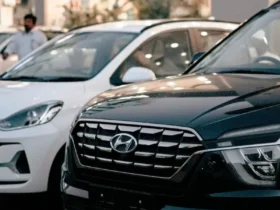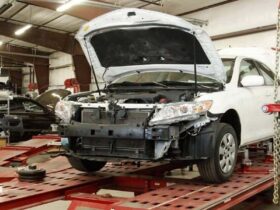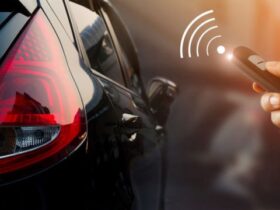The Importance of Cybersecurity in Vehicles
In today’s digital age, cars are becoming increasingly connected through advanced technologies. While this connectivity offers convenience and enhanced features, it also opens up vehicles to cybersecurity threats.
Common Cybersecurity Risks in Vehicles
1. Remote Hacking: Hackers can gain unauthorized access to a vehicle’s systems, compromising safety and privacy.
2. Malware Attacks: Malicious software can infect a vehicle’s onboard systems, leading to malfunctions or data theft.
3. Data Privacy Concerns: Personal data stored in the vehicle’s systems can be vulnerable to theft or misuse.
Ways to Protect Your Vehicle
- 1. Keep Software Updated: Regularly update your vehicle’s software to patch security vulnerabilities.
- 2. Secure Wi-Fi Networks: Avoid connecting to unsecured Wi-Fi networks that can expose your vehicle to cyber threats.
- 3. Use Strong Passwords: Set strong and unique passwords for your vehicle’s connected services to prevent unauthorized access.
- 4. Install Security Apps: Consider installing cybersecurity apps that can monitor and protect your vehicle’s systems.
The Future of Automotive Cybersecurity
Automakers and cybersecurity experts are continuously working to enhance the security measures in vehicles. From implementing encryption technologies to developing intrusion detection systems, the future of automotive cybersecurity looks promising.
As vehicles become more connected and digitalized, protecting them from cybersecurity threats is essential. By staying vigilant, updating software, and taking proactive security measures, you can safeguard your vehicle and ensure a safe driving experience in the digital age.











